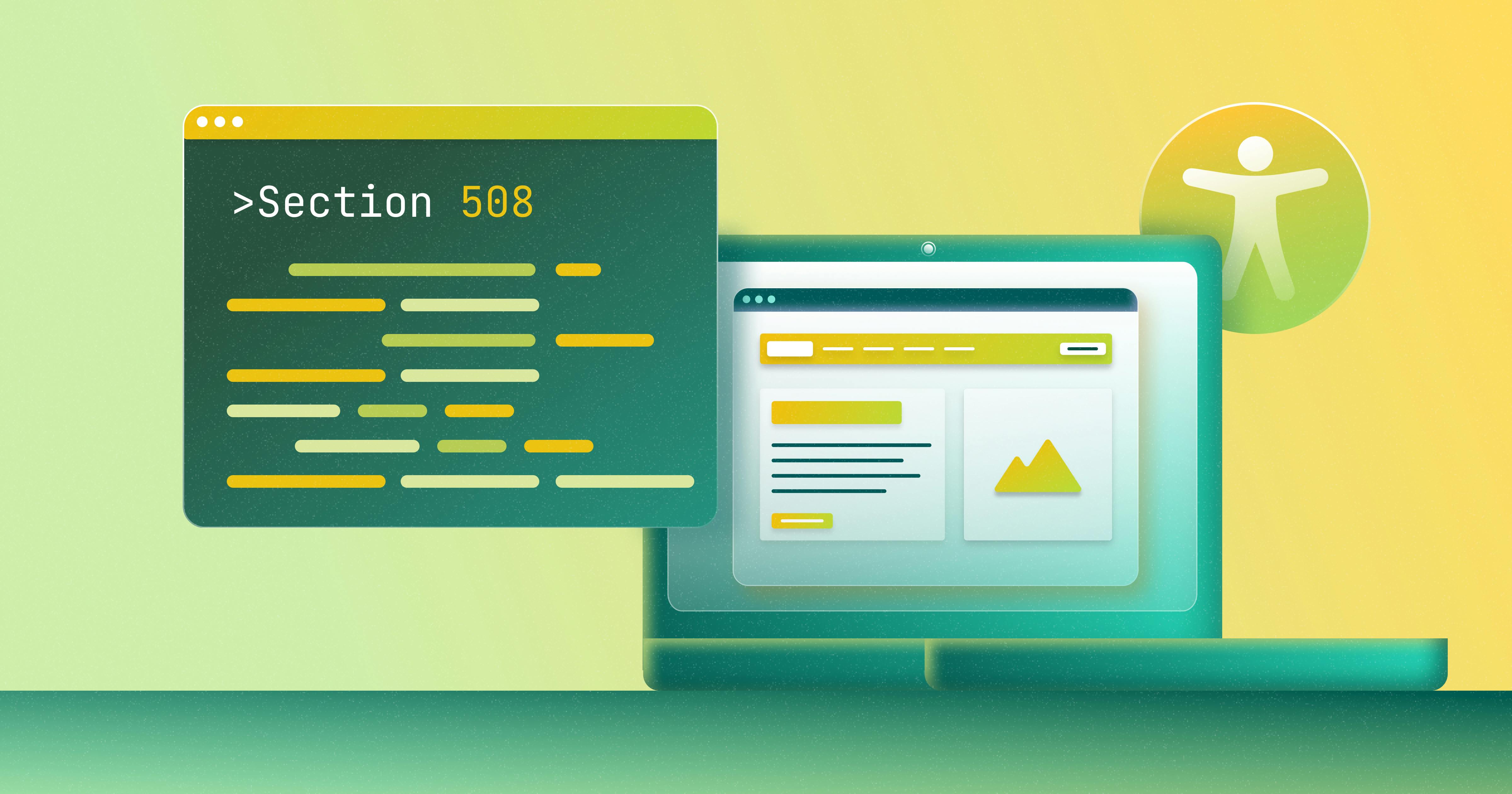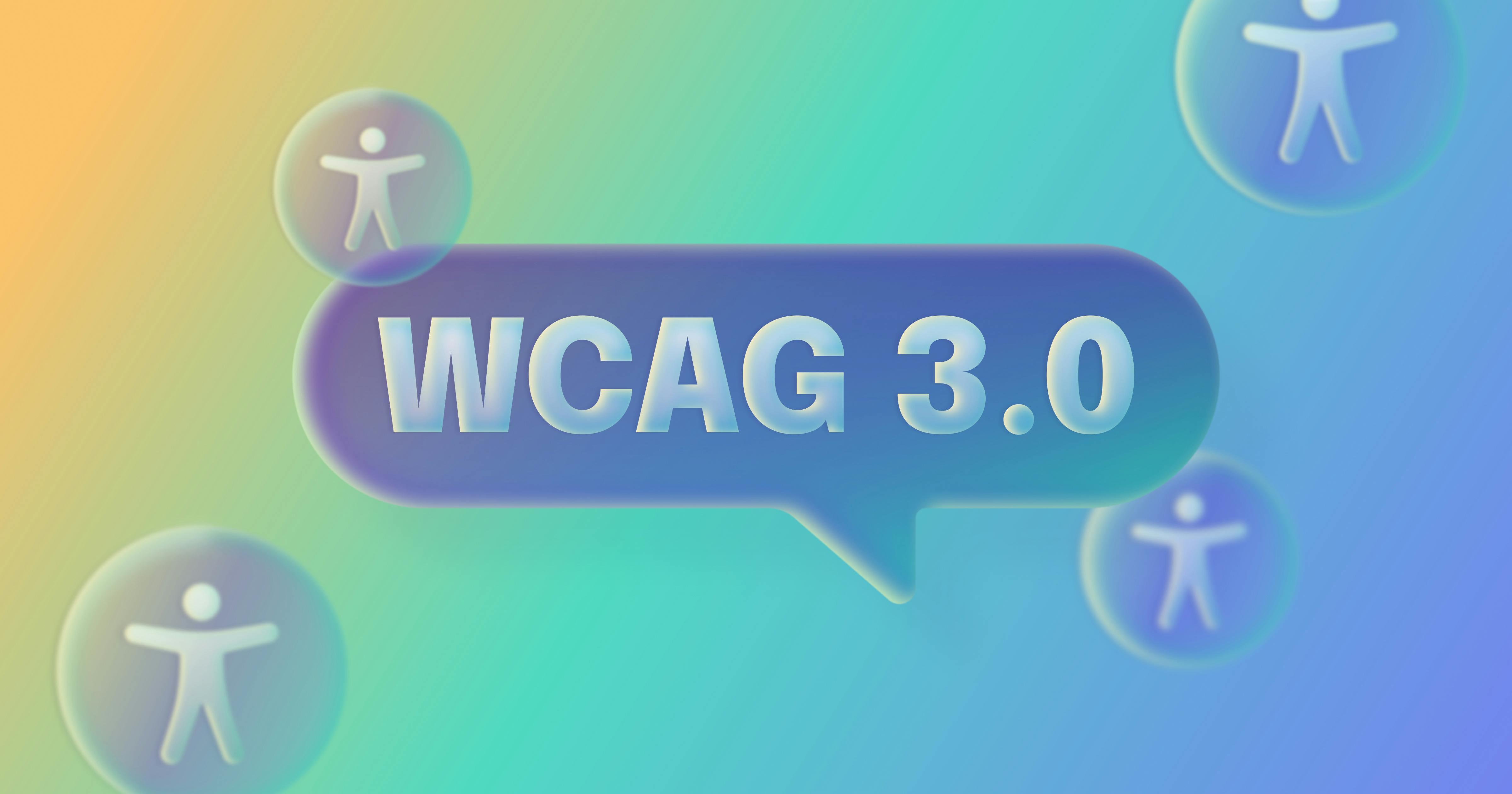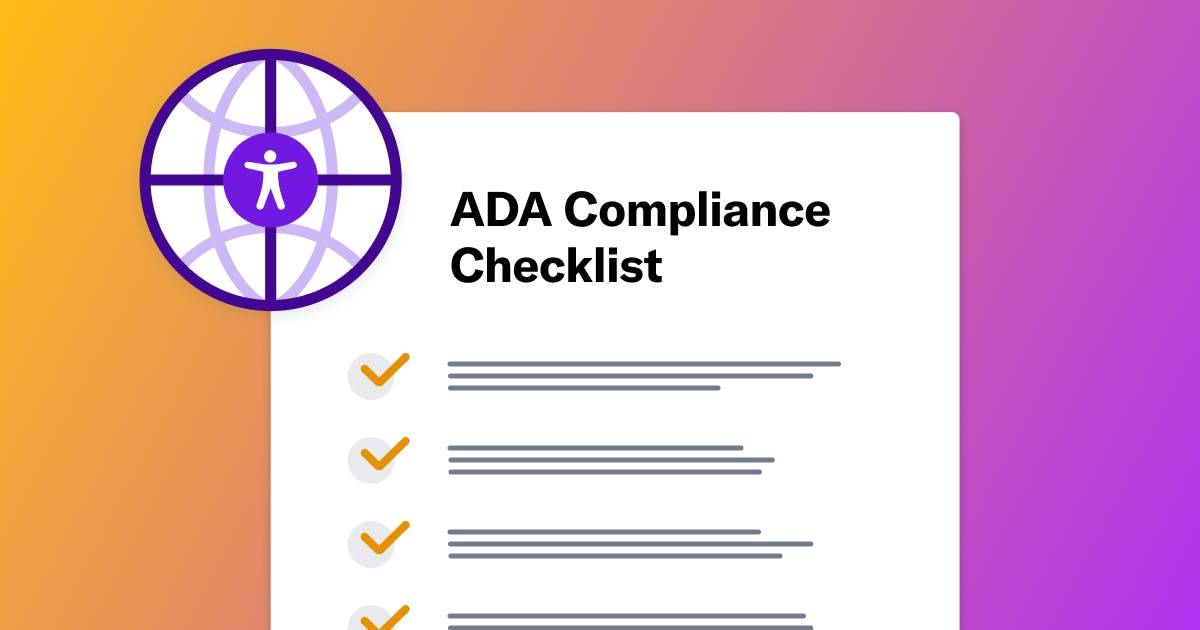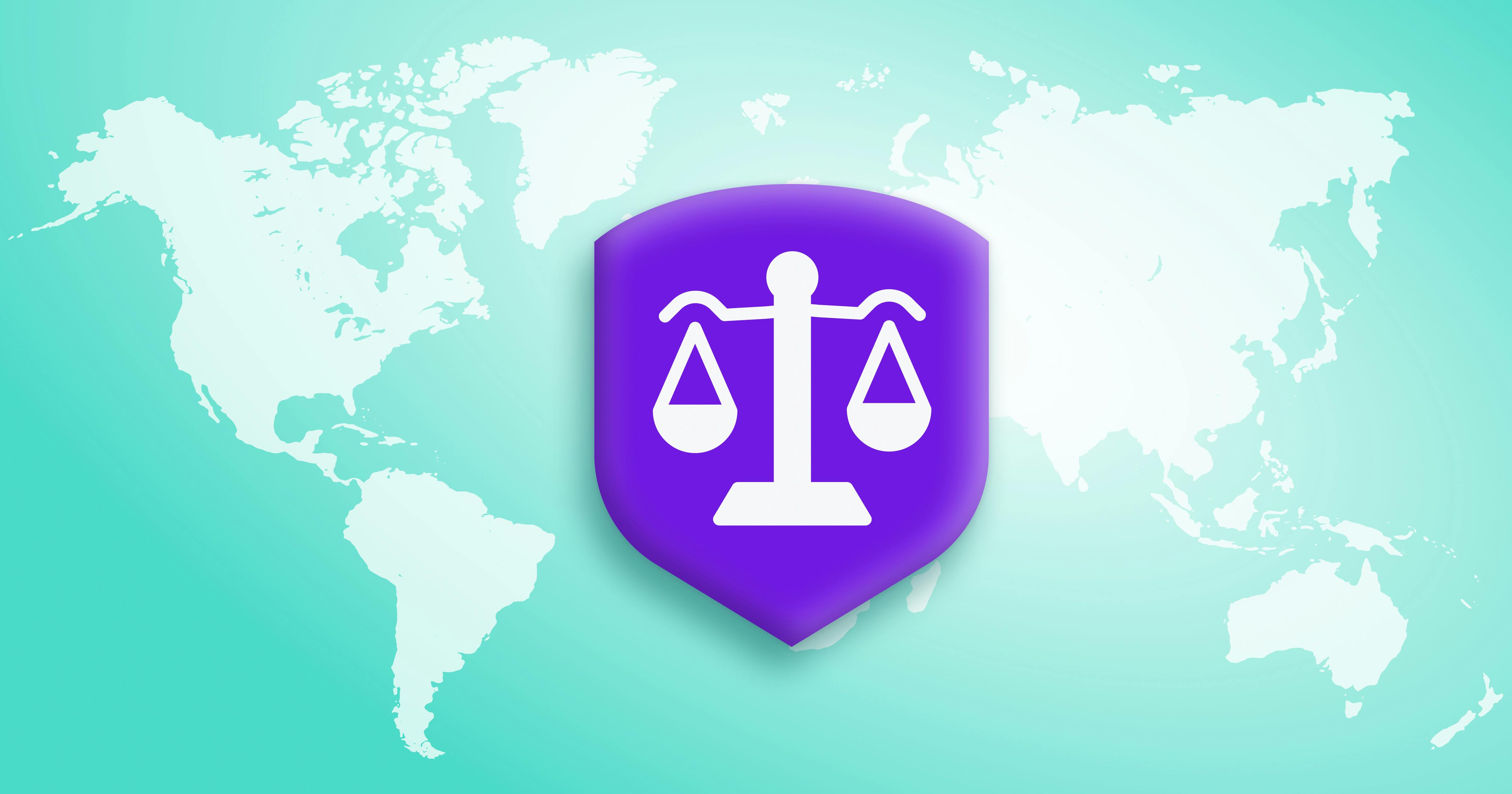Compliance

Debunking Common WCAG Myths
Uncover the truth behind common WCAG myths and learn how to enhance web accessibility for a more inclusive online experience for all users. Read more.
compliance
September 25, 2024

ADA Compliance Guidelines for Websites in 2024
Deciding to make your digital service accessible is the first step. The second is figuring out how. These ADA compliance guidelines will help.
compliance
September 23, 2024

What to Know About WCAG 2.2
The Web Content Guidelines (WCAG) provide guidance for making inclusive, accessible websites. Here’s how WCAG 2.2 will further that mission.
compliance
September 19, 2024

Section 508 Compliance Testing: Options & Strategies
Can software help your organization comply with Section 508? Here’s an overview.
compliance
September 09, 2024

WCAG 3.0 and the Future of Accessibility Standards
Here's what you need to know about WCAG 3.0, from its release date to its impact on the future of web accessibility standards.
compliance
September 07, 2024

Does My Website Have to Be ADA Compliant?
Unsure about ADA website compliance? Discover why and how to make your site accessible and inclusive for all.
compliance
August 27, 2024

ADA Compliance Checklist for Websites
Here’s a primer on ADA compliance and accessibility criteria for websites, and an easily digestible checklist for website owners to make sure their websites are compliant.
compliance
August 19, 2024

Why ADA Lawsuits Will Continue to Rise in 2024
ADA lawsuits are likely to continue to rise in 2024. Discover what's contributing to accessibility lawsuits and what you can do to avoid legal risks.
compliance
August 08, 2024

The Essential WCAG Checklist for Website Accessibility
Ensure your website meets WCAG standards with our comprehensive WCAG checklist. Discover key principles and compliance levels for optimal accessibility.
accessibility
compliance
August 05, 2024

Understanding the Difference Between WCAG A, AA, and AAA Conformance
Dive into the world of WCAG conformance with our guide on A, AA, and AAA levels, making web accessibility clear and actionable for everyone.
compliance
July 15, 2024

WCAG Conformance: Four Principles for Digital Accessibility
Learn the basics of accessibility compliance — and how you can improve your content by using the four “POUR" principles of accessible design.
compliance
July 11, 2024

How to Achieve ADA Compliance on Your WordPress Site
Is your WordPress website accessible? Here’s how to avoid common barriers (and reduce compliance risks).
compliance
July 01, 2024

How Government Agencies Can Adapt to New Accessibility Standards
With digital accessibility requirements for state and local government changing, it can be difficult to remain compliant. Learn how to meet new standards here.
compliance
June 11, 2024

Title II of the ADA: How New Guidelines Affect Public Entities
Changes to Title II of the ADA require state and local governments to make their digital content accessible. Learn how these changes affect public entities.
compliance
June 06, 2024

CVAA: Communications and Video Accessibility Act Explained
With every answer technology gives, it offers more questions — but accessibility is not optional. The CVAA is key legislation to make technology equitable.
compliance
June 04, 2024

Why You Should Care About ADA Title II: Top 3 Reasons
There’s compliance, and then there’s care. Read this guide to learn why and how you can build a better, more inclusive internet and still comply with Title II of the ADA.
compliance
May 27, 2024

International Accessibility Law Repository
Digital accessibility laws exist all around the world — each designed to improve accessibility for those with disabilities. Learn about international accessibility laws and how they're improving accessibility.
compliance
May 24, 2024

The European Accessibility Act: How to Prepare
New regulations under the European Accessibility Act go into effect June 2025. Learn how your organization can prepare for the new accessibility guidelines.
compliance
May 21, 2024